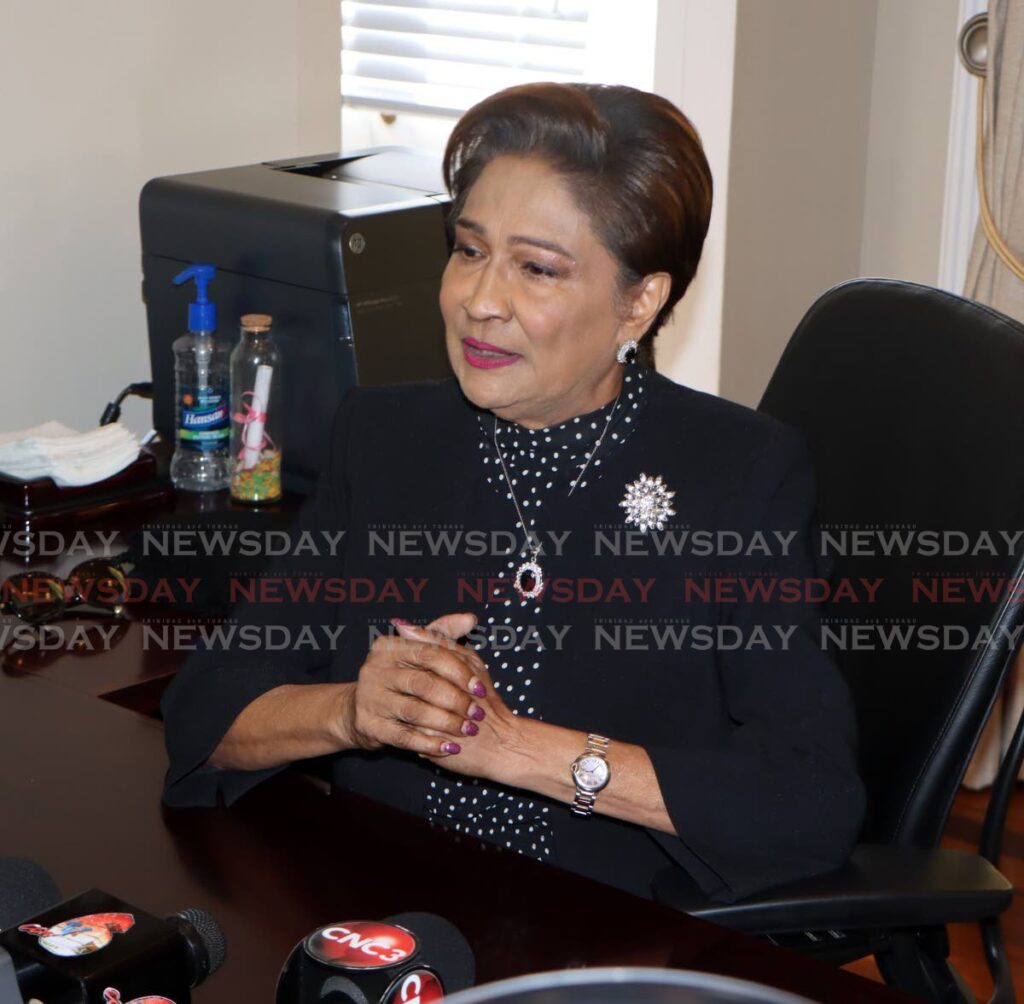Prime Minister Kamla Persad-Bissessar of Trinidad and Tobago was in a hurry on October 16, leaving a land distribution ceremony for former Caroni (1975) Ltd workers at the Diplomatic Centre in St Ann’s to attend a virtual meeting of Caricom heads, followed by her weekly Cabinet meeting. Reporters had hoped to question her about allegations that two Trinidadian nationals were aboard a drug boat reportedly destroyed by the US military in the Southern Caribbean. They also sought her stance on US anti-narcotics operations, especially in light of President Donald Trump’s admission of authorizing CIA covert activities in Venezuela. However, the Prime Minister’s swift departure left these queries unanswered. Defence Minister Wayne Sturge was also seen rushing off from the event. Minister of Land and Legal Affairs Saddam Hosein, when questioned about the government’s position on the drug boat incident, declined to comment, citing the Prime Minister’s directive for ministers to ‘stay in your lane’ regarding their portfolios. Meanwhile, Jamaican Prime Minister Andrew Holness, who chaired the 41st Inter-Sessional Meeting of the Conference of Heads of Government, highlighted the meeting’s focus on regional integration, economic resilience, and collective security. While Holness did not specify whether discussions included the US military presence in the Caribbean, US Southern Command head Admiral Alvin Holsey’s recent visits to Grenada and Antigua and Barbuda raised questions about potential US radar base installations. Antigua and Barbuda’s Prime Minister Gaston Browne emphasized his country’s reluctance to host foreign military assets, while Grenada’s government stated that any decisions would prioritize sovereignty, public safety, and national interests.
